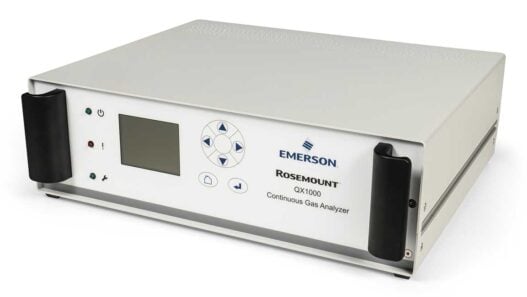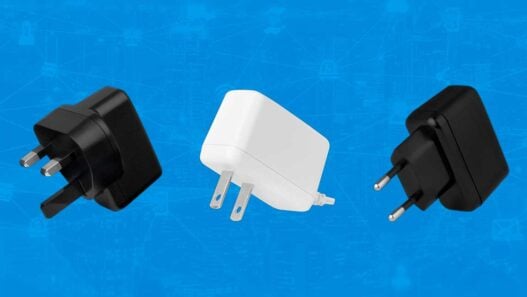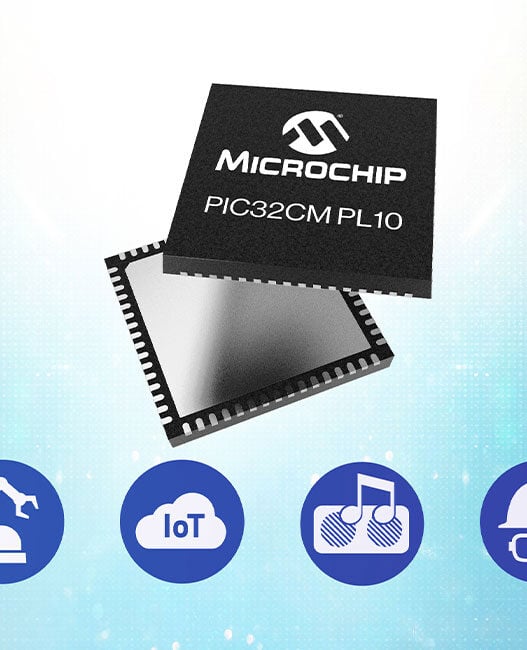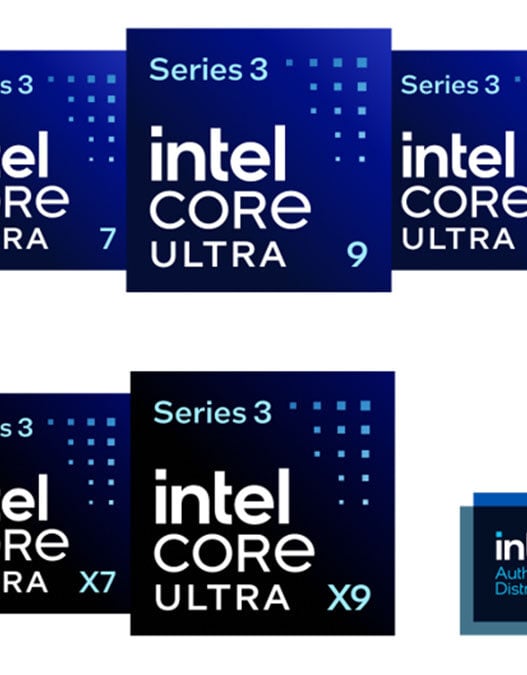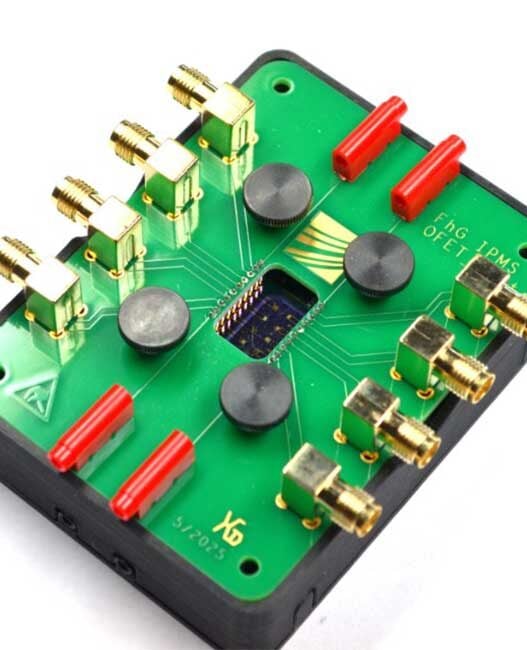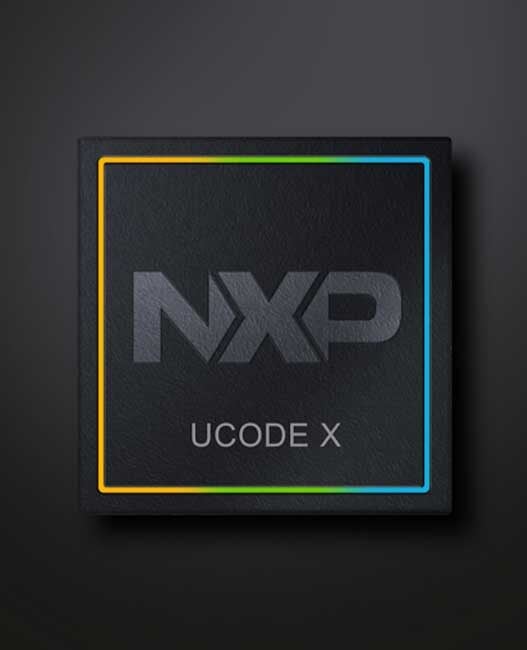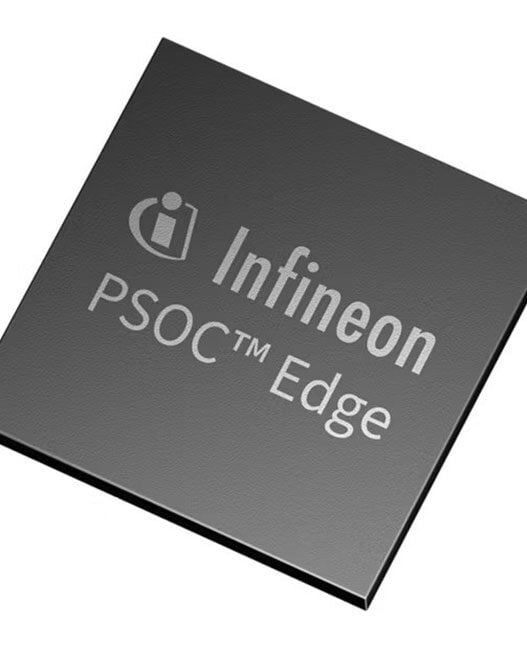The new self-diagnostic software modules developed by ST for the STM32 family have been approved by the VDE (German Association for Electrical, Electronic & Information Technologies) testing and certification institute, which is recognized globally for its efforts. Now, when a manufacturer uses these modules in an application – unchanged and in accordance with ST’s integration guidelines – the application will not need to be completely re-evaluated by VDE as part of the final product certification, thereby saving significant time for the appliance manufacturer. ST is the first semiconductor manufacturer to receive this certification for routines based on 32-bit MCUs, clearly demonstrating ST’s strong commitment to the appliance market.
The software library, with associated documentation, is available free of charge from ST on request. It includes a complete safe-boot sequence, plus self-diagnostic modules for the CPU, non-volatile memory, RAM, and the clock frequency. Transparent RAM tests are also carried out during run-time. In addition, the STM32 embeds safety-related hardware, including dual internal watchdogs and fail-safe clock circuitry, which simplifies certification by reducing the number of self-test routines actually required and decreasing the software overhead.
By making the pre-approved software freely available to manufacturers basing their products on the STM32, ST will eliminate the need for the manufacturers to develop their own self-test routines – a process which requires an in-depth knowledge of the MCU architecture, plus assembler programming skills – and will cut the time and cost spent on achieving product certification. This software will be of particular value to manufacturers of domestic appliances such as cookers, dishwashers, washing machines, and other three-phase motor applications.
The STM32 delivers impressive levels of performance and energy efficiency, while retaining the benefits of working with the open, industry-standard ARM architecture and development environment. The STM32F103 “Performance” line, with 72MHz clock frequency, provides best-in-class 32-bit MCU performance, while the STM32F101 “Access” line, with 36MHz clock frequency, offers users of 16-bit devices a significant increase in performance, but at 16-bit price levels.
The Cortex-M3 core was developed to target the low-cost requirements of a wide range of markets and applications where memory and processor size significantly impact the product cost. ST was a lead partner in this development, and is the first leading MCU supplier to introduce a product family based on the core. All variants of the two processor lines are now in full production.



